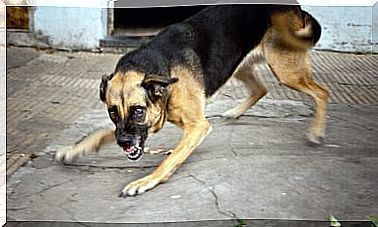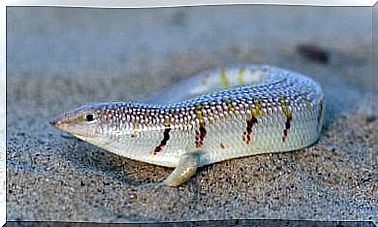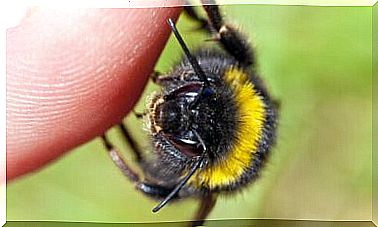How To Behave If The Animal Is A Victim Of Intoxication

Pets can be victims of poisoning linked to the various dangerous substances that are found inside all homes, especially if we have a garden and use chemicals.
Below we will share some data with you to find out what to do if your pet is a victim of poisoning.
Types of intoxication and symptoms

Dogs and cats exposed to toxic chemicals may not show all the symptoms of poisoning. Nonetheless, pay attention to any small clues that might point out the problem.
If you suspect that your dog or cat is ill due to exposure to insecticides, remove them from that toxic environment and stop using them. Quickly seek medical attention for your little friend before the situation gets complicated.
Some of the symptoms of poisoning are:
- Temperature
- He retched
- Diarrhea
- Anorexia
- Depression
- Convulsions
- Muscle tremors
- Hypersalivation
- Dilated pupils
- Increased heart rate
- Poor coordination – trouble walking
- Respiratory difficulties
The high toxic levels of carbamate insecticides, such as methomyl and carbofuran, can cause convulsions and respiratory arrest, while organophosphorus toxicity can lead to chronic anorexia, muscle weakness and muscle spasms that can last for days. or weeks.
This type of intoxication can occur due to the products that are used for the garden, especially on the bushes. These products include those of the organophosphorus type, such as:
- Acephalous
- Chlorpyrifos
- Diazinon
- Disulfoton-sulfone
- Fonofos
- Malathion
- Parathion
- Terbufos.
Organophosphorus and carbamates block cholinesterase and acetylcholinesterase, two essential enzymes for the body. In the first case, these are enzymes that break down acetylcholine, which is a neurotransmitter.
As for acetylcholine, it remains attached to the postsynaptic receptors of neurons that deal with continuous nerve transmission to the nervous tissue, the rest of the organs and muscles.
During the intoxication phase, this will cause convulsions and tremors in the animal.
Causes of intoxication

Autor: Soggydan Benenovitch
Poisoning can be due to excessive or incorrect use of multiple cholinesterase inhibitor insecticides or overexposure to insecticides that animals come into contact with in the home or yard.
If your dog has been diagnosed with high toxic levels in the system, your vet will be in charge of restoring them immediately and decontaminating your pet. The doctor will also choose the right treatment for your little friend.
Remember to give your dog’s complete medical history to the vet, including the date of onset of symptoms and possible incidents that may have preceded this condition. It is important to identify the name of the toxin your pet has been exposed to. If you have a sample, take it with you so that your doctor can quickly determine the appropriate treatment. The vet will send a blood sample to the lab. A positive result of intoxication is confirmed when the cholinesterase present in the blood is 25% lower than normal levels.
In the event that the exposure to the toxin had occurred through ingestion, and based on how long it has been since the animal ingested it, the veterinarian will be able to induce vomiting.
He may also decide to empty the stomach of the dog or cat and then give him activated charcoal to detoxify and neutralize any remaining insecticide.
Similarly, specific antidote treatment will be performed based on the toxin ingested by your pet. If your four-legged friend cannot breathe, an oxygen mask may be used .
On the other hand, if the dog has seizures, he will be given anticonvulsant drugs. If the exposure to the toxin has been through the skin, your vet will perform a special wash to remove any residue from your pet’s skin and hair.
The sooner your dog receives treatment following exposure to insecticides, the better your dog’s chances of recovery. And remember: if you have pets, avoid using insecticides or read the label carefully before using them.
To conclude, keep in mind that flea and tick treatments on sick or debilitated animals can damage their weakened immune systems. If your dog needs these treatments while he is recovering, ask your veterinarian for advice on the most suitable ones.









